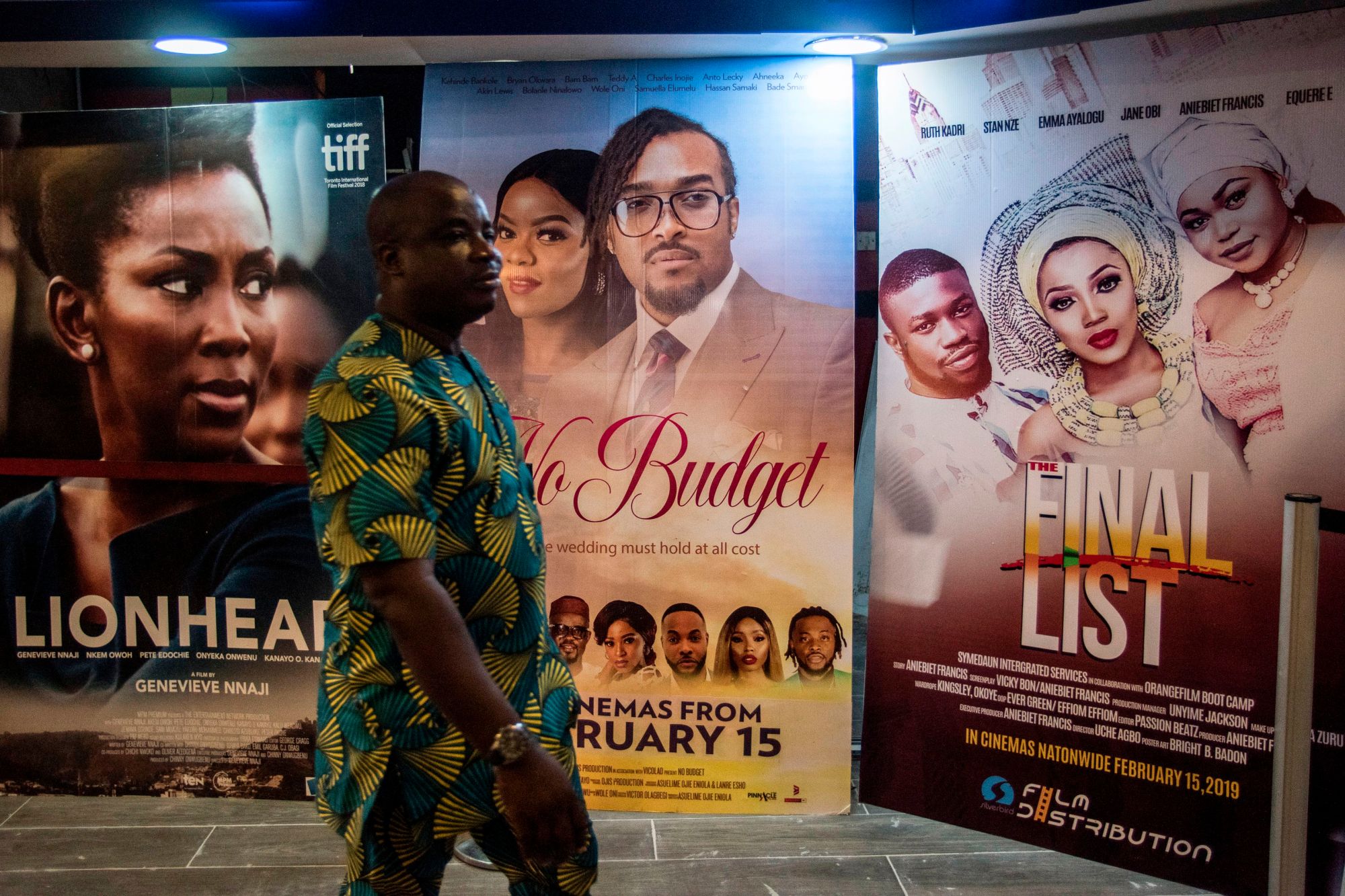
- Industry
Hollywood in Nigeria
One in an occasional series exploring the state of Hollywood films in global markets.
In Nigeria, whose film industry is called Nollywood, 2018 was a great year for box office returns – 5 billion Naira ($13.8 million) with a 25% increase over the past year. While Joker leads the list for the weekend of October 4-6, with Rambo: Last Blood and Hustlers third and fourth, local films are also in the top ten along with Bollywood titles.
Of course, the behemoth Avengers: Endgame is in a class by itself worldwide, and Nigeria is no exception – it set a new record for the biggest opening ever earlier this year taking in 60 million Naira on opening day, and 200 million Naira for the biggest opening weekend, according to the Cinema Exhibitor Association of Nigeria (CEAN). The Marvel blockbuster is on track to beat Black Panther, which took in 806 million Naira. According to CEAN, comic book movies occupy the top five positions for all-time highest-grossing films in Nigeria.
A 2017 report by Pricewaterhouse Coopers says that Nollywood is second only to Bollywood as a producer of films. With the formation of CEAN a few years ago, the industry has tried to professionalize its ramshackle business. Nollywood used to churn out as many as 1,500 low-budget, poorly shot movies with hackneyed storylines for local consumption, most of which bypassed theatrical exhibition, went straight to DVD, and still sold hundreds of thousands of copies for about $1.50 each. According to Forbes magazine, Nollywood is now an $800 million industry. About 300,000 people are employed above and below the line and Nigerian movie stars are bigger in Africa than American ones.
With the advent of Netflix in Nigeria in 2016, more sophisticated filmmaking has emerged. It’s new, fresh content that can be seen around the world on the streaming platform, thanks to its significant source of financing for local moviemaking. Even though, according to Techpoint Africa, Netflix, so far there are only about 50,000 subscribers in Nigeria. However, viewership on the platform is probably several times that, due to illegal sharing, despite buggy internet, high data cost and the general poverty of the population.
Here’s a sample of a Quora chatter by Nigerian users on the subject of Netflix.
“I don’t have a Netflix account but I watch Netflix all the time.”
“My 30-days Netflix trial just ended, who wants to share their log in details with me?”
“So I’ll pay for Netflix subscription and still use my data to stream shows? Hard pass.”
Netflix has made a start on supporting local filmmakers, presumably to appeal as well to the Nigerian diaspora around the world. One example is film star Genevieve Nnaji’s Lionheart which was acquired for a reported $3.8 million, according to Techpoint Africa.
Bloomberg Businessweek reports that there was a delegation of filmmakers and executives at the Cannes Film Festival this year for the Pavillon Afriques, a sidebar to the festival that featured screenings and panels spotlighting African filmmaking, distribution, and investment opportunities. Distribution has been a particular problem for filmmakers in Nigeria since piracy is rampant and profit margins are hammered.
The PBS Newshour interviewed journalist Emily Witt about her book “Nollywood: The Making of a Film Empire” in which she says that Nollywood is not far from being a global brand like Hollywood, despite the struggles of filmmakers with power cuts, political instability, and fuel shortages. By the way, she says Nollywood films are made in about 300 languages.
But Witt talks about the ubiquity of Hollywood films side by side with the local industry. “Hollywood is everywhere,” she says to PBS. “What I found interesting, but not surprising at all, is what you usually saw for sale, or even on a movie or on TV, is — I’ve never seen so much Danny Glover as sitting in bars in Nigeria. Hollywood has ignored black people for so long, and so the movies that get shown in Nigeria, that people buy, they have black actors. The pirated stuff I saw there was Empire, Scandal, or a show with Viola Davis. And Game of Thrones too, but definitely more movies with African American actors.”
In 2017, Variety reported on the first Nigerian International Film Summit at the American Film Market in Santa Monica, an opportunity for Nigerian exhibitors, distributors, producers and movie stars to connect with Hollywood in the hopes of doing business together to invest in Nollywood productions and distribute them globally.
Local studio FilmHouse has been in talks with US studios for co-production opportunities. EbonyLife’s television division has made deals with Disney and Sony Pictures for similar TV investments.
While growth prospects in Nigeria are abundant, the lack of cinemas is another problem for the country that just got its first multiplex a few years ago. With a population of 190 million, there are but 40 cinemas around the country. 12 new theaters were built at the end of 2018 but there’s a long way to go to serve the huge potential audience. Why else would Netflix be there?